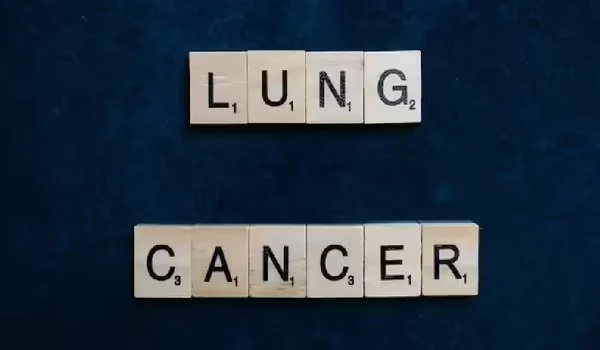People with lung cancer are increasingly receiving treatments that target specific genetic changes in their tumors (targeted therapies). Patients with non-small cell lung cancer (NSCLC) now have another option for targeted therapy.
Researchers have developed a new experimental pipeline to combine bacterial therapy with existing cancer drugs. Their research, which looks at bacterial therapy resistance at the molecular level, has resulted in improved treatment efficacy without additional toxicity in laboratory models.
Lung cancer is the most lethal cancer in the United States and worldwide. Many currently available therapies have been found to be ineffective, leaving patients with few options. Bacterial therapy has been a promising new cancer treatment strategy, but while it has quickly progressed from laboratory experiments to clinical trials in the last five years, the most effective treatment for certain types of cancers may be in combination with other drugs.
We envision a fast and selective expansion of our pipeline to improve treatment efficacy and safety for solid tumors. As someone who has lost loved ones to cancer, I would like to see this strategy move from the bench to bedside in the future.
Dhruba Deb
Columbia Engineering researchers report that they have developed a preclinical evaluation pipeline for the characterization of bacterial therapies in lung cancer models. Their new study, published December 13, 2022, by Scientific Reports, combines bacterial therapies with other modalities of treatment to improve treatment efficacy without any additional toxicity. This new approach was able to rapidly characterize bacterial therapies and successfully integrate them with current targeted therapies for lung cancer.
“We envision a fast and selective expansion of our pipeline to improve treatment efficacy and safety for solid tumors,” said first author Dhruba Deb, an associate research scientist who studies the effect of bacterial toxins on lung cancer in Professor Tal Danino’s lab in Biomedical Engineering, “As someone who has lost loved ones to cancer, I would like to see this strategy move from the bench to bedside in the future.”

The team used RNA sequencing to discover how cancer cells were responding to bacteria at the cellular and molecular levels. They built a hypothesis on which molecular pathways of cancer cells were helping the cells to be resistant to the bacteria therapy. To test their hypothesis, the researchers blocked these pathways with current cancer drugs and showed that combining the drugs with bacterial toxins is more effective in eliminating lung cancer cells. They validated the combination of bacteria therapy with an AKT-inhibitor as an example in mouse models of lung cancer.
“This new study describes an exciting drug development pipeline that has been previously unexplored in lung cancer — the use of toxins derived from bacteria,” said Upal Basu Roy, executive director of research, LUNGevity Foundation, USA. “The preclinical data presented in the manuscript provides a strong rationale for continued research in this area, thereby opening up the possibility of new treatment options for patients diagnosed with this lethal disease.”
















